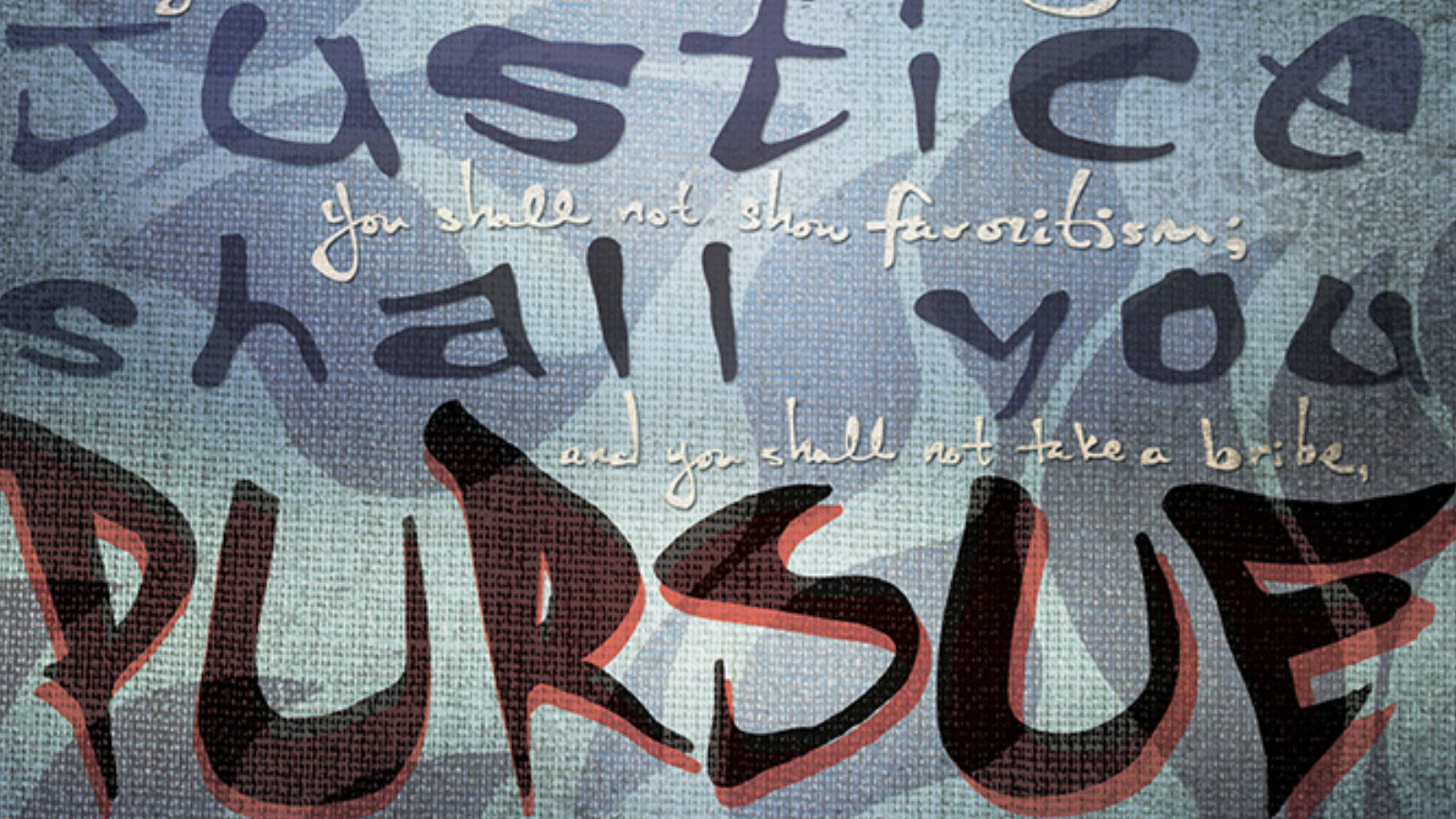Bonjour / Hello [nickname_else_first_name],
Table of contents
1) Perashat Hashavoua - Rabbi Eli Mansour
2) Halakhat Hashavoua (Halakhot related to day to day life) - Hazzan David Azerad
- laws of Elul - SELIHOT
3) Holy Jokes!
4) FOR KIDS!

This Week's Parasha Insight with Rabbi Eli Mansour
Parashat Shoftim: The First Step to Teshuba
I know a number of individuals who, unfortunately, struggled with alcohol addiction, and were helped by joining Alcoholics Anonymous, where addicts come together to receive help and give each other encouragement. Alcoholics Anonymous follows what is known as the "12-step program," whereby recovery occurs gradually, over a series of 12 incremental stages.
The first step is when the addict stands up in front of the group and announces, "My name is So-and-So, and I’m an alcoholic."
This might sound simple and unnecessary, but the truth is that this is the most difficult, and most important, of the twelve steps.
Some people who join these groups stand up and say things like, "My wife made me come." Or, "I only have a few drinks here and there, it’s not a big deal." It is only those who are truly committed to recovery who can stand up in front of the room and say the words, "I am an alcoholic."
But this is the first necessary step to change – to take responsibility, to accept guilt, to acknowledge that one has acted improperly and wishes to improve. Without this first step, change will not happen.
When G-d confronted Adam about eating from the forbidden tree, he said, "The woman whom you placed beside me – she gave me from the fruit and I ate it" (Bereshit 3:12). He did not accept responsibility. He blamed his wife, and he blamed Hashem who gave him his wife.
When G-d confronted Kayin after he murdered his brother, Kayin said, "Am I my brother’s keeper?" (Bereshit 4:9). The Midrash explains that Kayin turned to G-d and said, "You’re His keeper – You should have watched over him and protected him." Kayin refused to accept responsibility. He blamed G-d for not protecting Hebel.
Each weekday throughout the year, and during the special Selihot prayers which we recite in Elul, we declare Vidui – confession. In this prayer, we pronounce, "Abal Anahnu Hatanu," which is commonly translated as, "but we have sinned."
It is true that the word "Abal" is normally used to mean "but." However, in this context, it seems that a more precise translation would be "indeed." We say to G-d, "Indeed, we have sinned."
This phrase brings to mind the confession made by Yosef’s brothers. They had felt confident that they had done the right thing by selling him as a slave, as they had determined that he posed a grave threat to the family and needed to be sent away. But when they came to Egypt to purchase grain, and they found themselves beset by crisis, they realized that they were being punished for what they had done to Yosef. And they announced, "Abal Ashemim Anahnu" – "Indeed, we are guilty" (Bereshit 42:21). Targum Onkelos translates the word "Abal" in this verse to mean "Be’kushta" – "in truth," or "the truth is."
This translation gives us insight into the essence of Vidui. It is about acknowledging the truth. It is a declaration that we are no longer making excuses for our wrongdoing. We are no longer blaming other people or external factors for our mistakes. We are accepting the truth, as painful as it is – that we have acted wrongly.
This is a very difficult first step, but this is what we need to do if we hope to change. Elul is the time to acknowledge the painful truth, to stop making excuses for our behavior, to accept responsibility, and to believe in ourselves that we are capable of being better – realizing that G-d gave us this month because He believes that we are capable of being better.

Laws of the month of Elul according to the rulings of Maran Rabbi Obadiah Yosef ZT” L
When do we start saying Selichot?
It is the custom of the Sephardim to say Selichot from the beginning of the month of Elul [except for Rosh Chodesh] until Yom Kippur.
It is the custom of the Ashkenazim to say Selichot from the beginning of the week in which Rosh Hashanah falls, but if Rosh Hashanah falls on a Monday or Tuesday, they start saying Selichot from the beginning of the previous week (Saturday night or Sunday morning).
It is also the custom of the Ashkenazim to blow a shofar at the beginning of the month of Elul after morning prayer, in order to arouse the people to repentance, as it is said: "If a shofar is blown in a city, and the people will not be afraid"?
What should you be careful of when getting up early in the morning for Selichot ?
Those who have the habit of getting up early in the morning when it is still dark outside in order to go for Selichot , have to be careful not to disturb the rest of the members of the household, and even more so not to wake them up when making tea or coffee, and the one who does so, it is a transgression (an Avera) upon him, and his “Sechar Mitzvah “ the reward of the Mitzvah is lost by doing so.
Bevirkat Shabbat Shalom Umevorach
David Azerad
3) HOLY JoKeS!!
Selection of funny snippets, loosely related to this weeks parashah or current events, to brighten your day


4) FOR KIDS
Click on the image to open the youtube video












